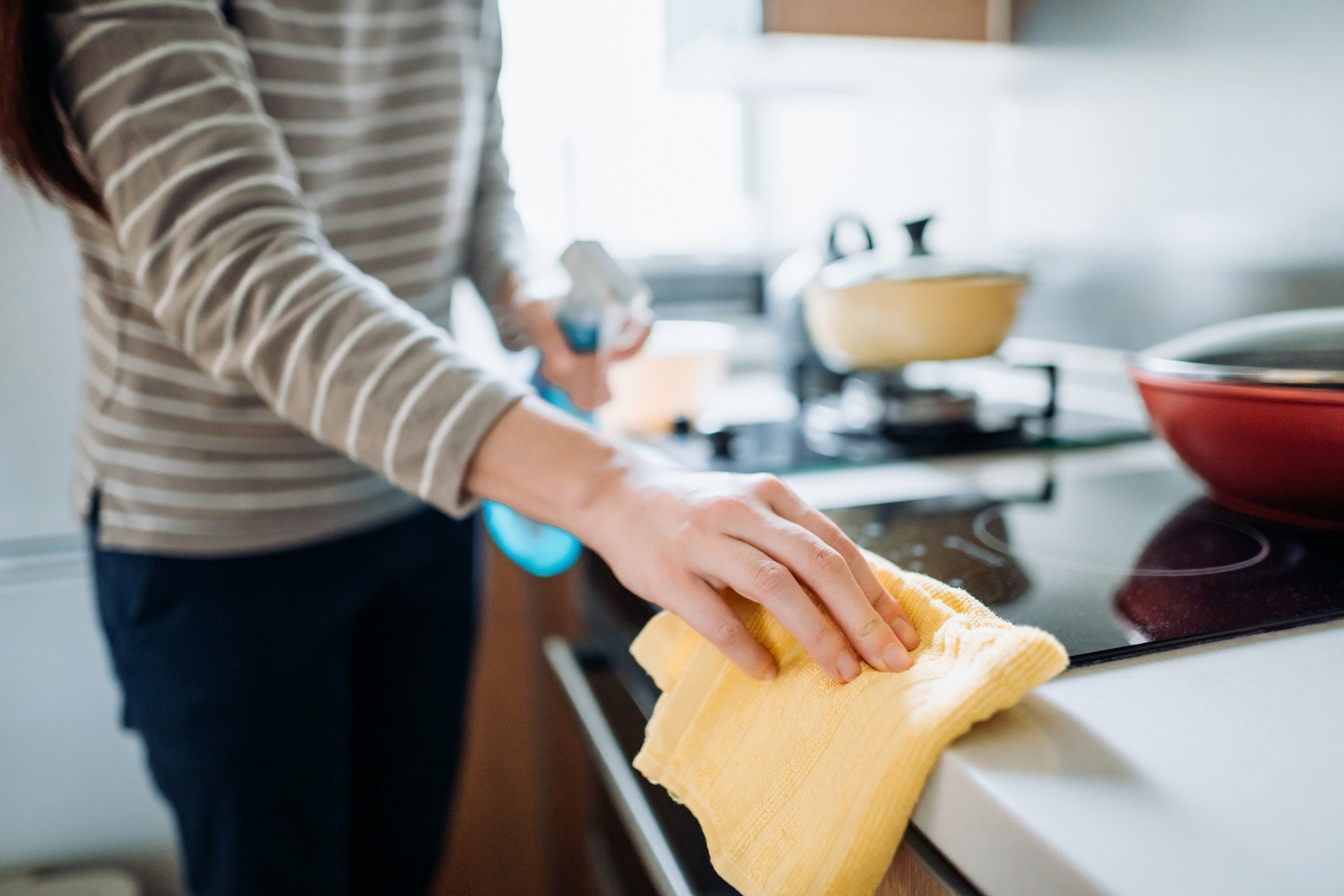© Turkuvaz Haberleşme ve Yayıncılık 2026
Maintaining a clean and organized kitchen is essential for a comfortable and functional home environment, yet it can often feel challenging for some people. However, by implementing simple and practical strategies, you can streamline the cleaning process and create a space that is both aesthetically pleasing and creative for efficient meal preparation.
This guide will explore key tips and techniques for keeping your kitchen clean with minimal effort, from embracing minimalism to prioritizing cleanliness before cooking, utilizing waiting times for small cleaning tasks and promptly addressing spills.
By incorporating these strategies into your routine, you can transform your kitchen into a clean, clutter-free haven that enhances your cooking experience and simplifies your daily life.
Reduce clutter in your kitchen to simplify cleaning tasks; the fewer items you have on countertops and surfaces, the easier it is to wipe them down and keep the area tidy. Consider storing appliances and utensils that you don't use frequently to create more space and minimize visual distractions.
Prioritize cleaning your kitchen before you start cooking; a clean workspace not only ensures food safety but also sets a positive tone for meal preparation; wiping down countertops, disinfecting sinks and tidying up any clutter can make the cooking process more efficient and enjoyable.
Optimize your time in the kitchen by multitasking during waiting periods. While you wait for water to boil or food to cook, tackle small cleaning tasks such as unloading the dishwasher, wiping down surfaces or organizing cabinets. These moments of waiting can be valuable opportunities to accomplish additional chores and maintain a clean kitchen environment.
Maintain a hygienic kitchen by cleaning the sink after each dishwashing session. A quick scrub with soap and water removes food particles and prevents the buildup of bacteria and odors. Keeping the sink clean not only enhances the overall cleanliness of your kitchen but also promotes a more pleasant cooking experience.

Address spills promptly to prevent them from spreading and becoming harder to clean later, whether it's a sauce spill on the countertop or a splatter in the microwave. Wiping up messes immediately minimizes the risk of stains and odors. By addressing spills as soon as they occur, you can maintain a pristine kitchen environment with minimal effort.
Establish a habit of returning items to their designated storage spaces immediately after use, whether it's utensils, ingredients or appliances. Keeping everything organized and stored away reduces clutter and simplifies cleaning routines, emphasizing the importance of tidiness to household members to ensure everyone contributes to maintaining an orderly kitchen.
Maximize the efficiency of your kitchen storage by utilizing organizers within cabinets and drawers, drawer dividers, shelf risers and spice racks to help maximize space and keep items neatly arranged. By organizing the interiors of cabinets, you can streamline meal preparation and easily locate necessary items, reducing clutter and promoting a visually appealing kitchen space.
Remember to include floor cleaning as part of your regular kitchen maintenance routine. Sweeping or vacuuming to remove crumbs and debris, followed by mopping to sanitize and refresh the floor surface, helps prevent the accumulation of dirt and bacteria. Pay attention to high-traffic areas and spills to ensure a clean and safe kitchen environment for cooking and everyday activities.
